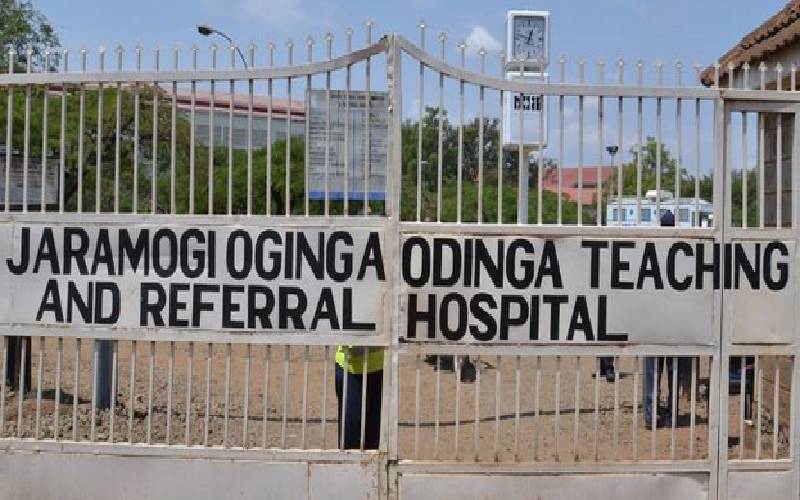×
The Standard e-Paper
Home To Bold Columnists

The Management of Jaramogi Oginga Odinga Teaching and Referral Hospital (JOOTRH) has started investigations into claims of corruption involving its workers.
The investigations have been spurred by recent media reports exposing the offence.